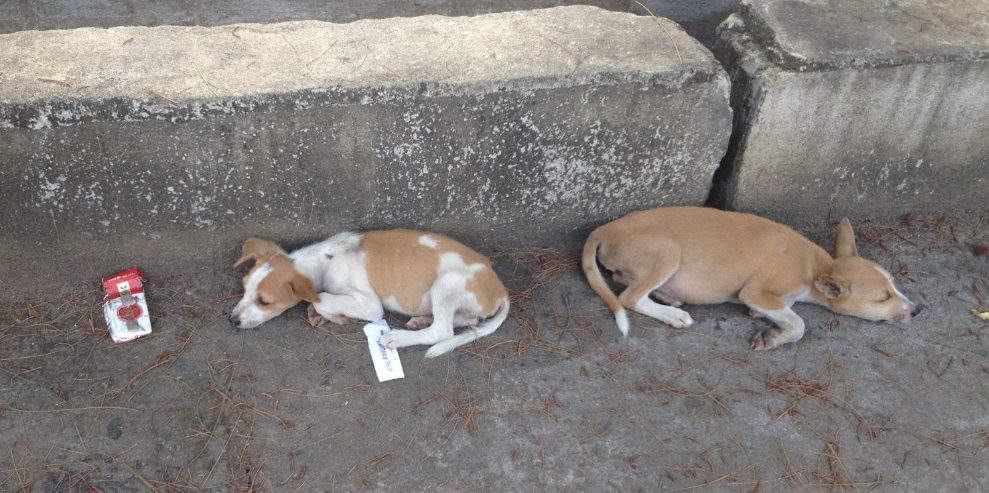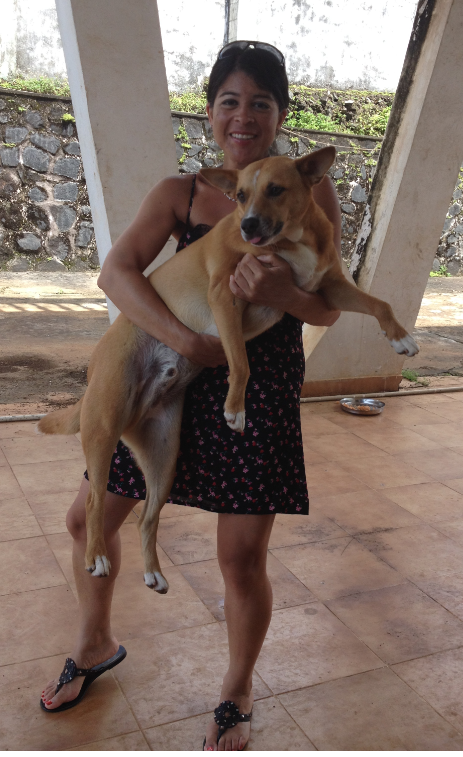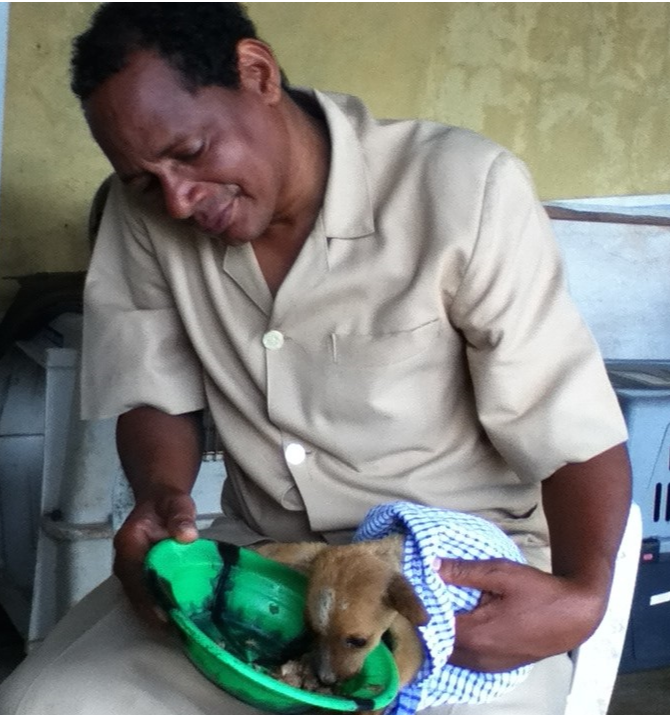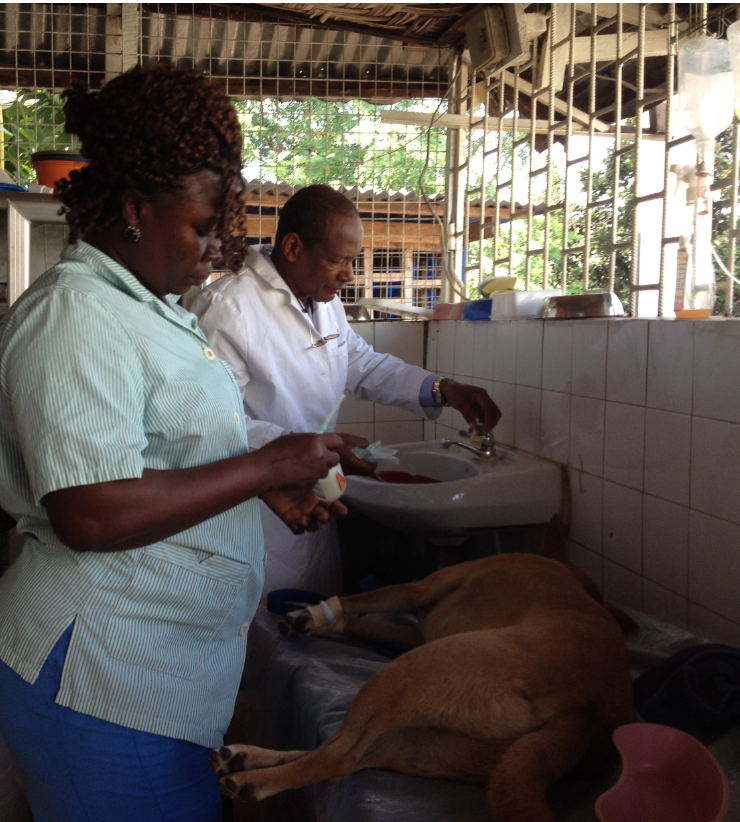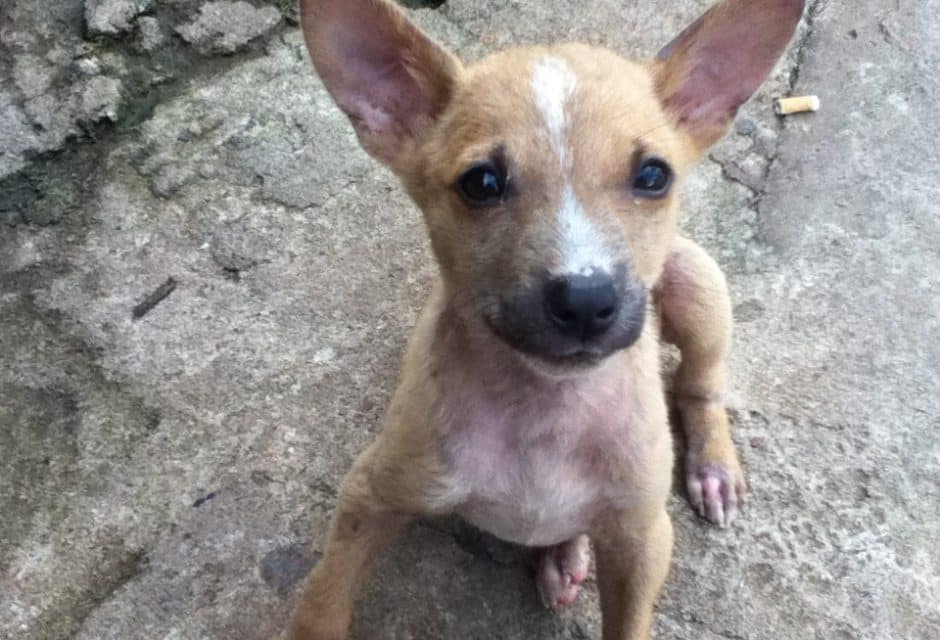
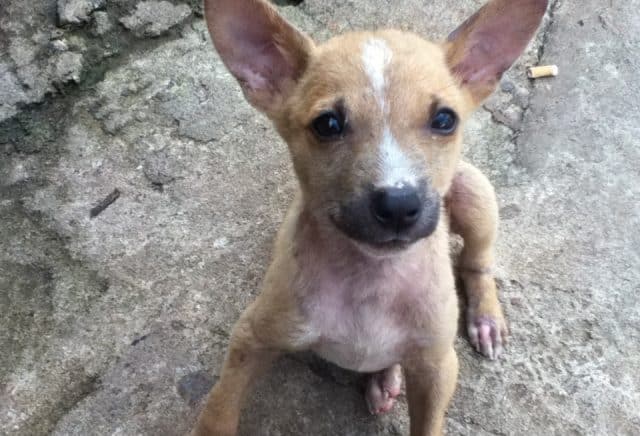
This Holiday Season Can Go To The Dogs!
The holiday season is in full swing and there’s no better time to give something back to an animal that does so much for us, the dog. They can play such different roles in our lives. From detecting seizures, or sniffing out bombs to just keeping us company as our beloved pets.
But they can also face cruelty, health issues and neglect. Globally there’s about 900 million dogs. Many are street dogs or “community dogs”. These are dogs that live in a community and are looked after by different people.
Street puppies in Sierra Leone
All these dogs can be seen as nuisances and are often not vaccinated, therefore creating a fear of rabies among people. Some governments in developing countries have a mass culling to deal with this. It is seen as the fastest, cheapest method, but in the long run not effective. The best way is through vaccination and dog population management.
Canine rabies has been mostly eliminated in Canada, but this disease is still a major global problem and is a challenge for veterinarians in these developing countries such as India, Thailand and Sierra Leone, which has one of the densest stray dog populations in Africa.
I lived in Freetown, the country’s capital for several years.
It’s mindboggling how many dogs there are, dodging traffic, infested with fleas and mange, trying to get any scraps they can find. It’s extremely challenging to manage them in a place where people are just trying to survive.
I’ll never forget that one typical hot, humid day, as I walked along one of the main city roads and found a puppy crawling along the side with an injured hind leg. He looked so vulnerable, I couldn’t just leave him, so I took him to the only animal welfare clinic SLAWS (Sierra Leone Animal Welfare Society). It was here that I met Dr. Abdul Gudush Jalloh, one of the country’s few vets. After a few weeks of receiving treatment, I named the pup Paddy. The word “Padi” means “friend” in Krio, the country’s main dialect.
Nina with her dog Paddy
While in Sierra Leone I learned just how much Dr. Jalloh needed help. His clinic to this day relies mainly on donations and the clinic lacks resources.
My time in Sierra Leone eventually wound down and while Paddy now enjoys life in Canada with me, millions of other dogs do not have that opportunity or the proper services to keep them healthy and safe.
World Animal Protection, a global charity, works to help vets such as Dr. Jalloh by providing assistance with vaccinations and spay and neuter programs through the Better Lives for Dogs Campaign. This includes working with governments to develop vaccination plans that involve local communities and focusing on the specific problems people face. So far, 1.6 million dogs have been vaccinated since 2013 worldwide. This work is important because it also provides responsible pet ownership education, spay and neuter programs and stops the suffering of dogs at the source.
Dr. Jalloh nursing Paddy back to health
Canadians travelling over the holidays to places with high dog populations can help by bringing items such as blankets or toys to donate to local vet clinics. Or simply donating money can help for medicine and food.
There are also Canadian organizations that offer the chance to adopt vulnerable dogs from overseas and provide volunteer opportunities that include fostering and help with fundraising.
Dogs here at home certainly need our help too and should not be forgotten. Some Canadian charities focus on Indigenous communities which can be remote and don’t have access to veterinary services. Vaccines and spay and neuter clinics are offered. Any donations or volunteering can help and the best thing to do is to research any organization to make sure it is a good fit for you.
Dr. Jalloh and team at work
And so, whether it’s spoiling your own pet or giving a gift that helps a dog abroad, or adopting a rescue in Canada, dogs certainly need us and they all deserve a chance for a good life. I can’t imagine my life without Paddy and am certainly grateful for the joy he brings me.
*all photos submitted by Nina Devries
Join the newsletter and never miss out on dog content again!
"*" indicates required fields
By clicking the arrow, you agree to our web Terms of Use and Privacy & Cookie Policy. Easy unsubscribe links are provided in every email.
